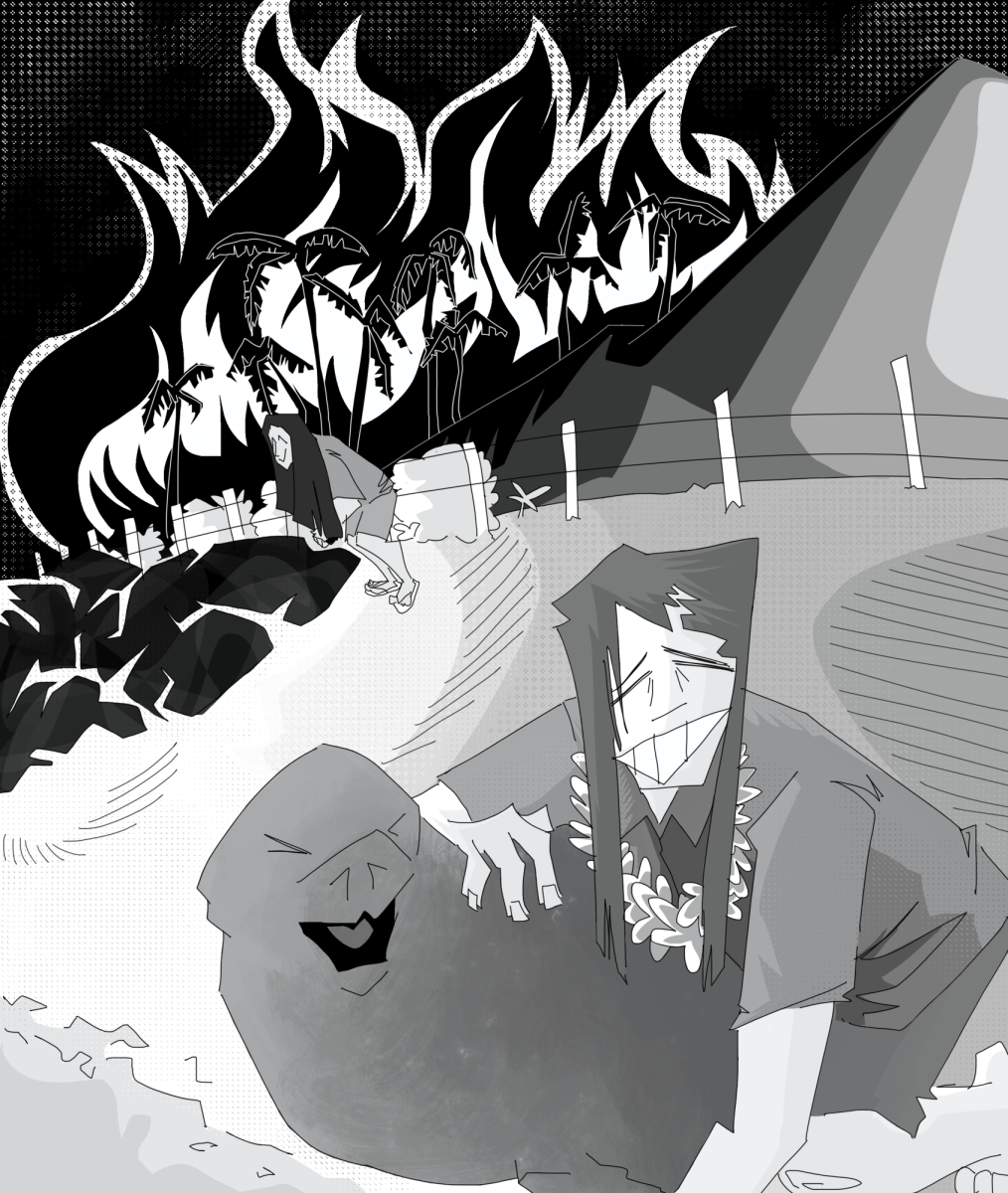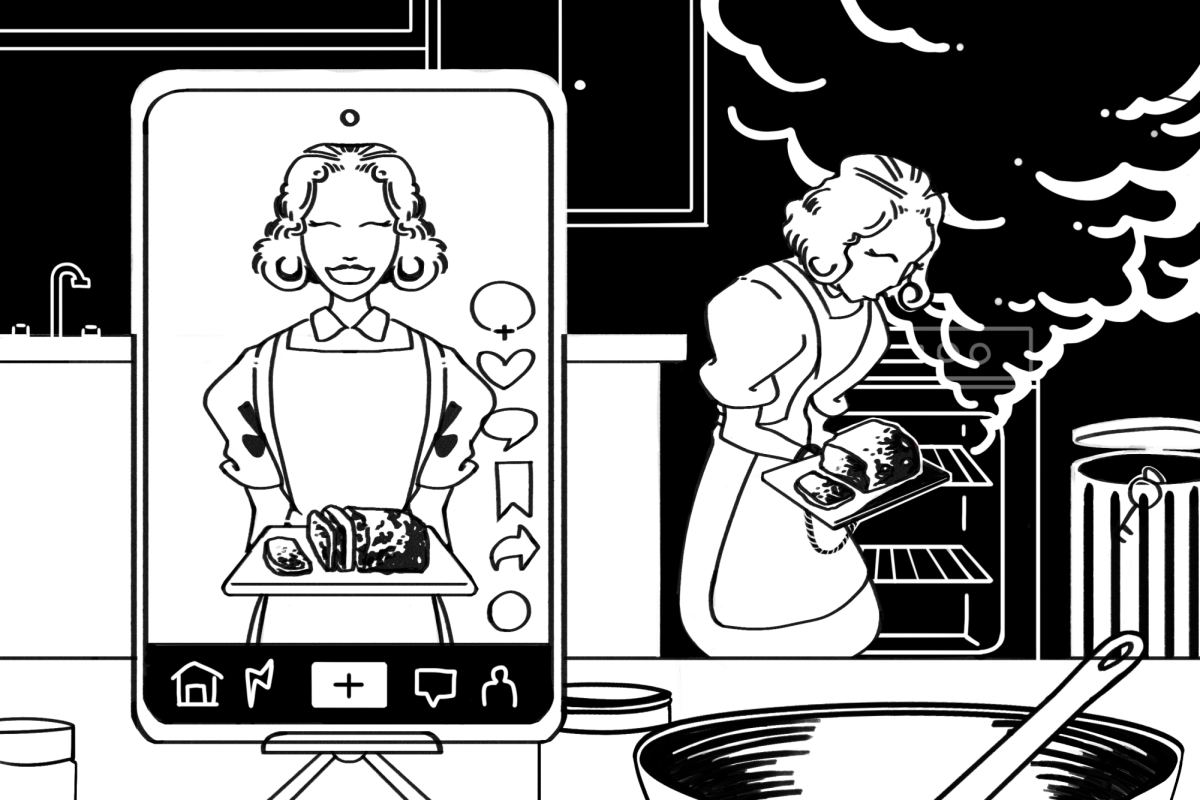Blazing fires began to scorch West Maui on August 8th, killing at least 115 people and leaving more than 1000 missing. Although tourism in Maui has been highly discouraged, the rest of Hawaii is still free for inconsiderate travelers to visit and leave their unwanted mark on Hawaii’s fragile environment. The destructive fires and tourists’ insensitive attitudes afterward have led more attention to the ongoing debate on Hawaiian tourism – calling for a reevaluation of the toxic tourism industry.
The onslaught of disrespectful tourists in Hawaii isn’t anything new. For years, Hawaiian natives have been begging sight-seers to exclude Hawaii as an option for their next vacation spot, and for good reason: most tourism causes a disturbance in the native environments of Hawaii, a swelling in cultural appropriation of Hawaiian culture, and Hawaiian gentrification.
The heavy normalization of Hawaiian cultural appropriation shows through the lack of respect, commercialization, and ignorance concerning culturally significant symbols, such as leis, Pa’u’s (hula skirt), and lūʻaus – diluting the reality of Hawaii into a watery mess of an imaginary paradise.
Visitors have been found to harass wildlife and ignore the extortionate fines placed by the Hawaiian government, where they can be charged up to $10,000. Back in 2021, a video went viral depicting a woman in Kanaui harassing a Hawaiian monk seal. Additionally, the Maui Snorkeling company was recently heavily criticized by social media when it brought out tourists near the coast of Lahaina – the island most impacted by the fires – where dead bodies were still being found inside the waters. Tourists further disrespect the environment by illegally taking volcanic rocks from Hawaii, and have a tendency to send them back through the mail as taking the rocks off the islands of Hawaii is considered bad luck. It’s clear that the tourism culture views the island as a mere amusement park playground, not a home to millions of Native Hawaiians. The disregard for the well-being of others really tells where the priorities of these entitled guests lie.
Many argue that tourism is a huge factor in Hawaii’s economy with being the main source of income for many small and large businesses that are deeply rooted and reliant on tourism. However, physically spending money at tourist destinations in Hawaii isn’t the only way to help locals and their businesses regain their financial losses; simply donating to charities dedicated to helping Hawaiian communities can make a huge difference without taking a toll on the island’s fragile state.
Charities that are accepting donations include the Hawaii Community Foundation, which supports education, environment, health, and arts in Hawaii. Aina Momona is another organization that fosters environmental health and sustainability while advocating for social justice and Hawaiian sovereignty. The Hawaiian Humane Society is an animal welfare organization with animal shelters, adoptions, and animal welfare education.
Hawaii is already under a lot of pressure due to the Lahaina fires. Considering this disaster, taking part in the exploitative tourism industry is inconsiderate and makes conditions worse for the locals who lost everything and are starting on the path to rebuilding their entire lives. Donating to Hawaiian organizations is a way to help without adding unnecessary stress on Hawaiian residents.




























































